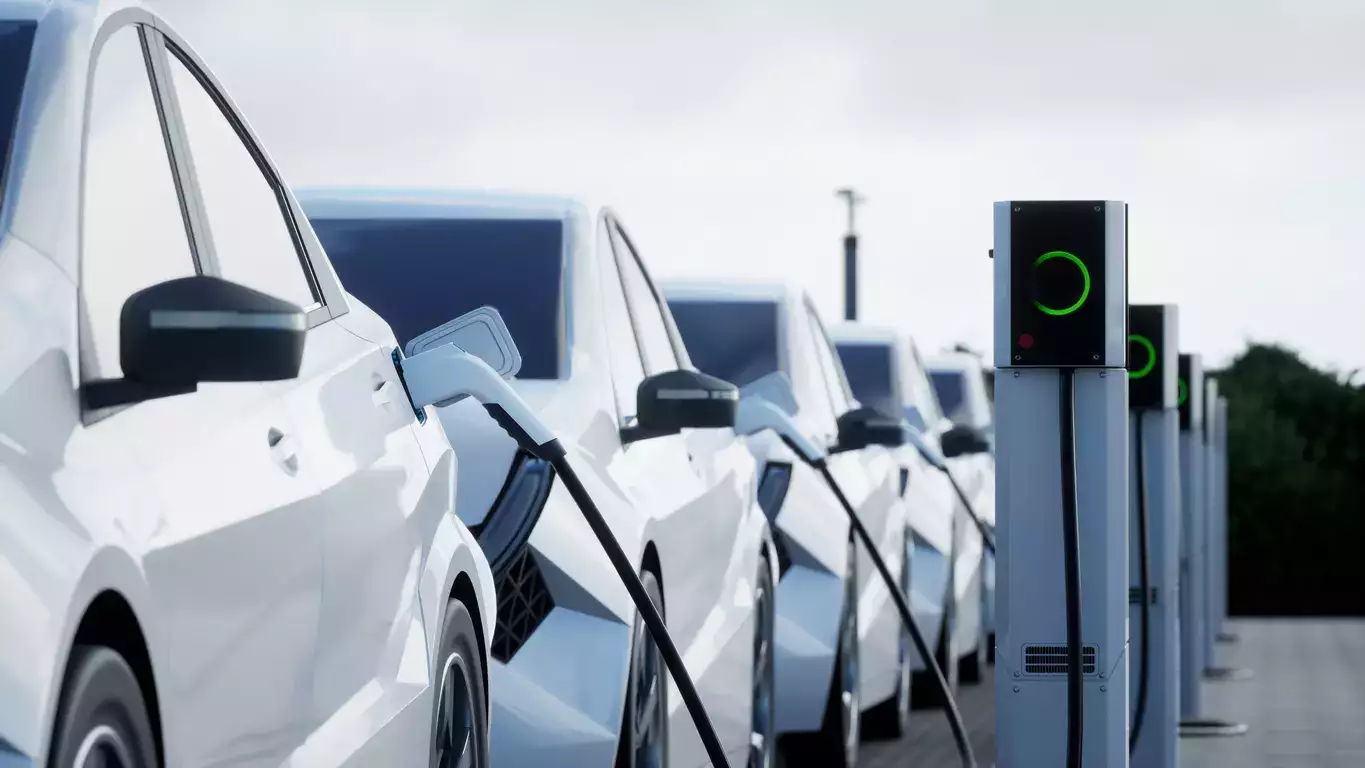City will require over 36,000 public EV chargers, 400 stations, 141 acres of land to support 23 lakh EVs; researchers stress need for strategic locations The land required for establishing these charging stations would be 141 acres, which is equivalent to the land for approximately 700 petrol pumps.
The land required for establishing these charging stations would be 141 acres, which is equivalent to the land for approximately 700 petrol pumps.A study conducted by the Center for Study of Science, Technology and Policy (CSTEP) has highlighted that to meet its electric vehicles’ demands, Bengaluru would require more than 36,000 public charger guns, 400 charging stations, and 141-acre land by 2030.
Researchers say an increasing number of Bengalureans are adopting EVs over their conventional counterparts as electric vehicles (EVs) have zero tailpipe emissions and lower running costs. As per CSTEP, the city will have more than 23 lakh EVs by 2030. However, for a smoother transition to EVs, challenges related to battery charging need to be overcome.
The city will need over 36,000 public charger guns to support more than 23 lakh EVs, a 25-fold increase from 2023 levels. Further, the annual estimated energy demand from EV charging in 2030 would be 3.3–4.1 BU, accounting for 7%–9% of the city’s annual energy demand. Moreover, the peak load due to EV charging is expected to reach 1.2 GW by 2030, as against 0.096 GW in 2023.
Researchers have also looked at the impact of charging guns on the grid, and potential locations for setting them up. The study also proposed charging tariffs for 2030 by considering the current utilisation rates, tariffs, and anticipated demand in 2030.
Consumer surveys were used to gauge perceptions about EVs and their charging patterns.
The study also assessed the demand for public charger guns in each Regional Transport Office (RTO) zone in Bengaluru. Subsequently, it identified approximately 400 potential charging locations (example: IT parks, metro stations, fuel stations, and shopping malls) in nine RTO zones to meet the demand of the future. The land required for establishing these charging stations would be 141 acres, which is equivalent to the land for approximately 700 petrol pumps.
To assess the business viability for charge point operators to set up charging stations in the metropolis, researchers also conducted a commercial analysis. As per the results, the city’s charger utilisation rates are expected to be 25%–50% in 2030, and the corresponding tariffs for various types of charger guns can be capped at Rs 11– 15/kWh.
The study highlights that overnight home charging, which is currently preferred by EV users, results in the least strain on the grid. However, going ahead, promoting daytime charging at workplaces or public charging stations, through policy measures, may be beneficial for significantly increasing the share of renewable energy used for EV charging.
